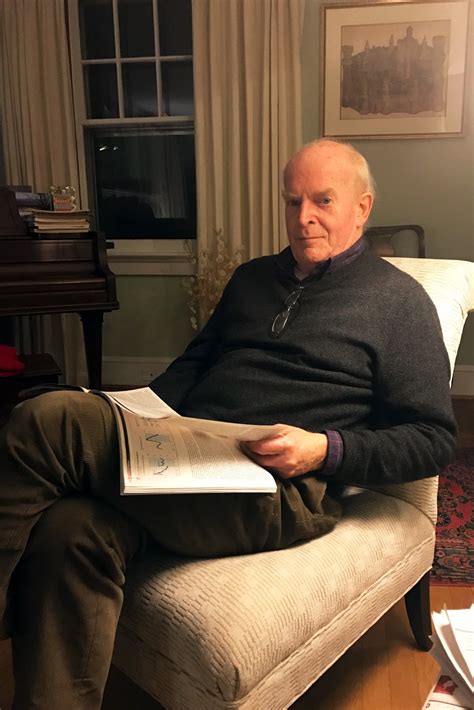Top 10 Quotes & Sayings by John Cornwell
Explore popular quotes and sayings by a British journalist John Cornwell.
Last updated on April 20, 2025.
Pope Francis emphatically does not buy the argument that poverty can be alleviated by the 'trickle down' effects of wealth creation. He is deaf to arguments that the global economy has brought a billion people out of poverty. He is convinced, in short, that the best and only way to expel poverty is fairer distribution of the world's goods.

















